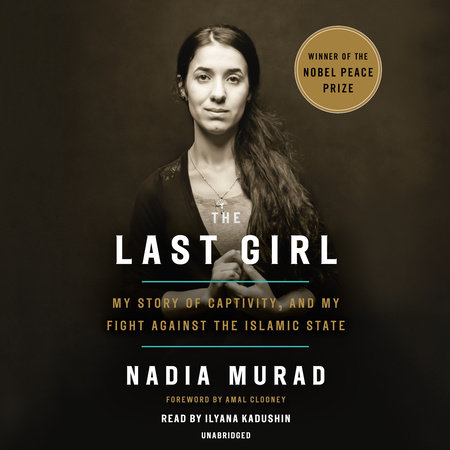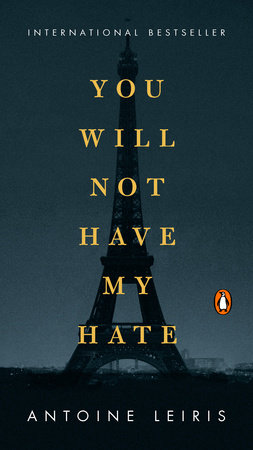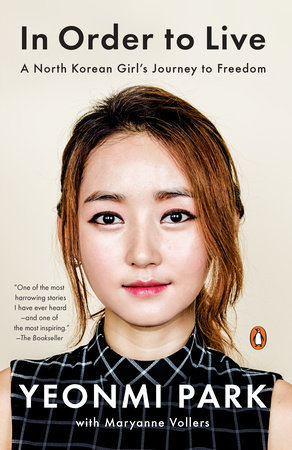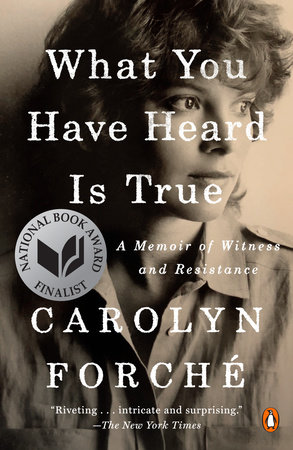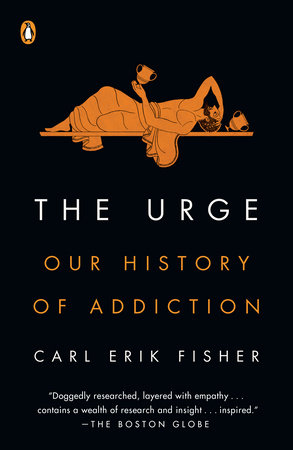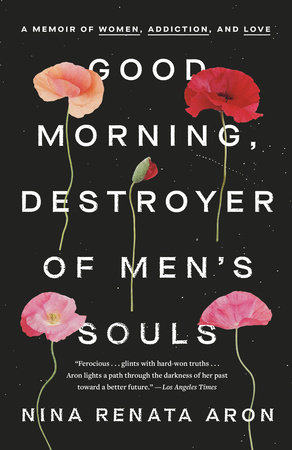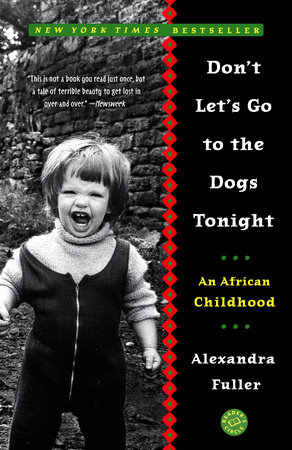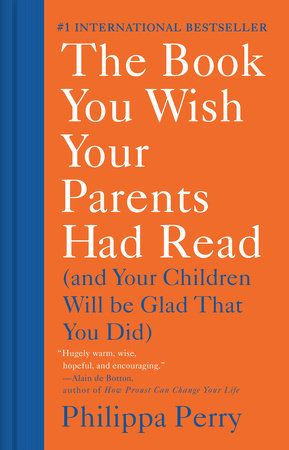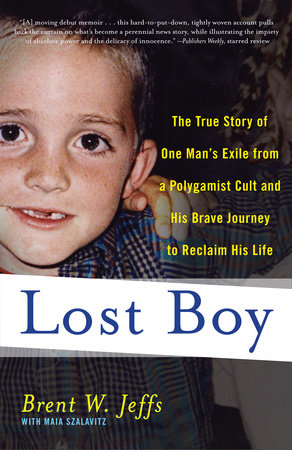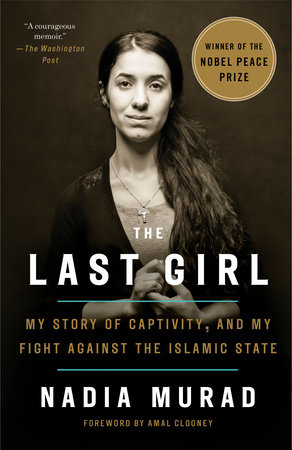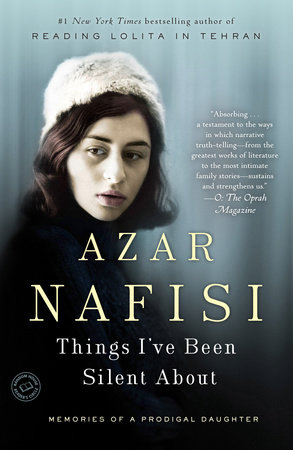Author Q&A
A conversation with Nadia Murad, author of
The Last Girl:
My Story of Captivity, and My Fight Against the Islamic State
You are a Yazidi, a member of an ancient monotheistic religion. What can you tell us about your religion? Approximately how many Yazidis are there in the world?
Before 2014, when the Islamic State began to carry out a genocide against Yazidis, there were about one million of us around the world. Most Yazidis lived in Sinjar, Nineveh Plain, and Dohuk Province—regions in Northern Iraq near Lalish, our holiest site, and other temples. We were a small community, living a simple life.
Yazidism has no holy book; its traditions and faith are conveyed through oral traditions dating back thousands of years. Our stories—about how God created the world and then seven angels, each with a different set of tasks—are passed down generation to generation. For humans, the most important of God’s angels is called Tawusi Melek, who began the process of creation, starting with the earth and then bringing into existence all we see. Tawusi Melek breathed life into Adam, the first man, and he remains our connection to God. We believe in reincarnation and that our earthly friendships help us in the afterlife, particularly the brothers-and-sisters-of-the-hereafter, who defend us in front of God after we die.
For centuries our stories have been willfully misinterpreted and used to oppress us. The most damaging of these lies is that Tawusi Melek was actually a fallen angel, and therefore when we worship him, we worship the devil. But in Yazidism we do not believe in an evil force, and nothing in our oral tradition supports this. When ISIS came to Sinjar they called us devil worshippers and said that because we had no holy book we were kuffar, or nonbelievers. But I grew up surrounded by Yazidis whose main connection to their faith was in good deeds, like giving food to people in need or comforting someone in mourning. Yazidism has made my people a target, but it is also what keeps us alive.
You’ve said that hundreds of thousands of Yazidis have been displaced by ISIS. Where are they living now, and what is life like for them, and you, today?
Most of the Yazidis who were displaced by ISIS live in refugee camps in Iraqi Kurdistan, the semi-autonomous Kurdish region in northern Iraq. Life in the camps is safe, which is the most important thing, but it is also very challenging. It is hard for the men to find work and for the kids to go to school. Life for the refugees seems just like standing still. When Iraqi forces liberated Yazidi areas, including my village, Kocho, from ISIS this year, people in the camps hoped they would be able to go home. But there is still fighting in Sinjar—this time between different Kurdish and Iraqi forces who want to control the region—and it is not safe or stable enough to return.
Others, like me and my older sister Dimal, left Iraq for Germany. We are grateful to Germany for taking us in when we needed it most and making it possible for me to do my work as a human-rights activist and for Dimal to try to make a new life for herself, but I long to go back to Iraq. After Kocho was liberated I was able to return for a few hours. It was an incredibly painful trip. My village had been destroyed by the militants who had occupied it; our house was rubble. But I begged the people who went with me—among them my friend Murad Ismael, the cofounder of Yazda—to let me stay even just a few minutes more. My heart is in Kocho and, like most Yazidis, I will not feel complete until I can go home for good.
You and your sister-in-law are among the many Yazidi who escaped ISIS captivity via underground networks. What can you tell us about these networks, and what do those who work in them, including your brother Hezni, risk?
Across Iraq and Syria, people are working with both success and failure to free Yazidi women and girls. In THE LAST GIRL, I wanted to highlight some of the extraordinary ways in which Yazidis escape slavery. Even though by now there are so many people—from the families of the victims, to Kurdish regional government officials, to paid taxi drivers or ISIS informants — each rescue is different, and feels chaotic when it is being organized. My brother Hezni is one of many Yazidis who have given up hope of a normal life to help Yazidis fleeing ISIS.
Not only have these Yazidis given everything they have to this cause, they are personally connected to every life they try to save. Our community is small; it is easy to link the victim to Hezni or to Murad and other Yazda members through family, school, or friends. In the book I talk about my niece Kathrine, who died while running from ISIS. Hezni helped arrange her smuggling, and now every day he thinks about her and feels responsible for her death even though all he was doing was trying to save her. If the victim has no connection to Hezni or to Yazda, their freedom is still a matter of life and death to them. The enslavement of one Yazidi girl is the enslavement of all our people.
At the end of THE LAST GIRL, you write, “I know now that I was born in the heart of the crimes committed against me.” What do you mean by that?
Although I do not think that I am defined by my captivity—no Yazidi is—the woman and activist I am today is because of the genocide. I know that the rest of my life is shaped by what ISIS did to my people.
Why do you feel so strongly that it’s critical to fight ISIS not only on the battlefield, but in the courtroom?
It’s not enough for ISIS to be destroyed militarily. In order for the world to see who they are, they need to be held accountable in international courts on charges of genocide and crimes against humanity. This is the only way Yazidis will possibly be able to move on with our lives, mourn our dead, and try to rebuild what we lost. It is also the only possible way to prevent a future genocide. What else are international courts for if not to stop another Holocaust, Rwanda, or Sinjar? A trial tells the militants that the world in the twenty-first century is built in a way that values life and humanity above mere power and fear, and that not only are we capable of protecting the most vulnerable, but that we will, no matter what.
Kocho was liberated from ISIS in late May 2017, and you returned for a visit in June. What did you find? Will your community return there?
Kocho was destroyed but, still, it felt like home. Even though barely anything was left of my home, as soon as I walked through those doors I was desperate to stay. I wanted to sweep up the rubble and ashes and try to rebuild the house. It’s hard being so far away in Germany. Not only do I long for my life back in Kocho, I know that until I go home I won’t be able to truly mourn my family and friends who were killed by ISIS.
It’s hard to imagine my community returning any time soon, even though everyone longs for it like I do. We are all scattered now, and officials tell us that it is still too dangerous to go home. It seems like even with ISIS gone, the future of Yazidis is unclear. Can we convince the international community to create a safe zone there for Yazidis? Most Yazidis believe that they will not be able to return to their homes without international protection and a new system for security and administration. Will international actors help us like they helped the Kurds in the 1990s? ISIS left Iraq in a million pieces. As soon as it is safe enough, I will return to Kocho; there is nowhere else in the world where my life will be complete. But if the world and international community forgets about this ongoing genocide and Iraq continues to be pulled apart, it seems unlikely that I will ever be able to go home.
Iraq recently asked the international community for help in investigating ISIS’s crimes against the Yazidi. Do you see this as a big step towards achieving justice?
I am glad that the Iraqi government finally sought the UN’s help to investigate ISIS’s crimes and that the Security Council answered that call on September 21, when it adopted a historic resolution establishing an international investigation to collect evidence of those crimes in Iraq. This was what my lawyer Amal Clooney, Yazda, and I had been asking for for well over a year.
Although ISIS is being defeated on the ground, victims need justice in order to allow healing and reconciliation. A lot remains to be done—and it will be crucial to see how the Security Council’s investigation is carried out on the ground—but I welcome this resolution as the first step in a process that will hopefully lead to justice for my people and all victims of ISIS.
Is there anything that regular people can do to help?
The persecution of Yazidis is an ongoing and profound issue and the world must pay close attention. There are still over a thousand Yazidi girls and women in ISIS captivity. It is hard for me to imagine what they have been through. What I experienced at the hands of the Islamic State will continue to haunt me for the rest of my life. In a way, that trauma is my life now. But I was lucky; I escaped quickly and was helped by a sympathetic family. I was never taken across the border into Syria. As dangerous as it was, my escape was a success.
Regular people first of all need to listen to Yazidis who want to talk about what happened to them and respect Yazidis who do not want to, or cannot, share their stories. They need to be open to hearing about all aspects of the genocide, not just the sexual enslavement of women, and recognize that the tragedy extended into every corner of our community. Whenever they can, they need to tell politicians, the United Nations, journalists, and anyone capable of helping that thousands of Yazidis still live paralyzed lives in refugee camps, that over a thousand women and children remain in captivity, and that our homes remain threatened. The world has a moral obligation to evacuate Yazidis from Iraq or provide them with a safe environment to continue to live.
People need to learn who the Yazidis really are and understand that, no matter how small, minority groups around the world are worthy of having a voice and of being protected. I believe that the more people know us, the less likely it will be that my children and their children will live in fear of genocide.
